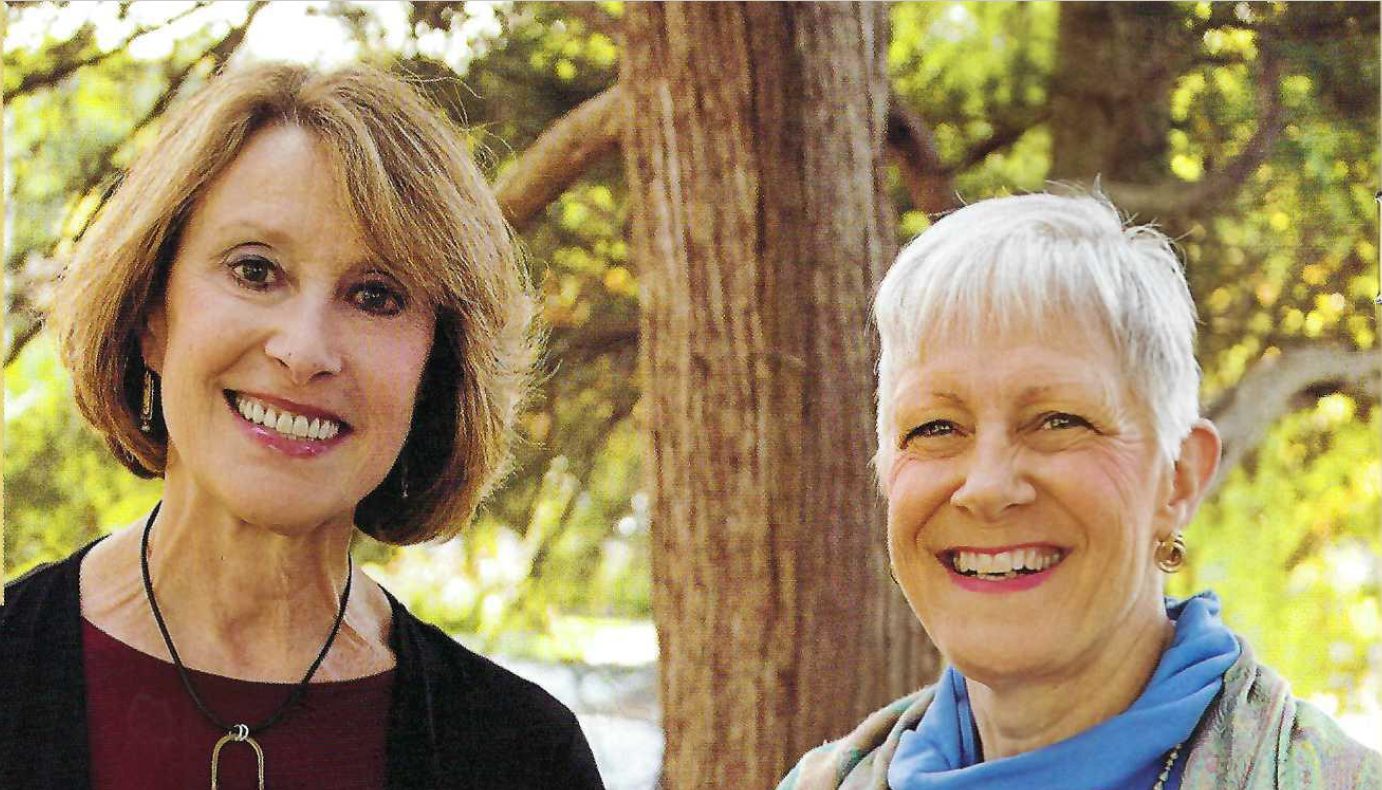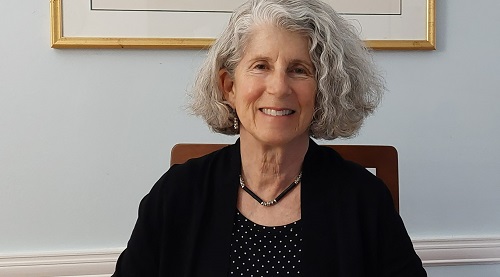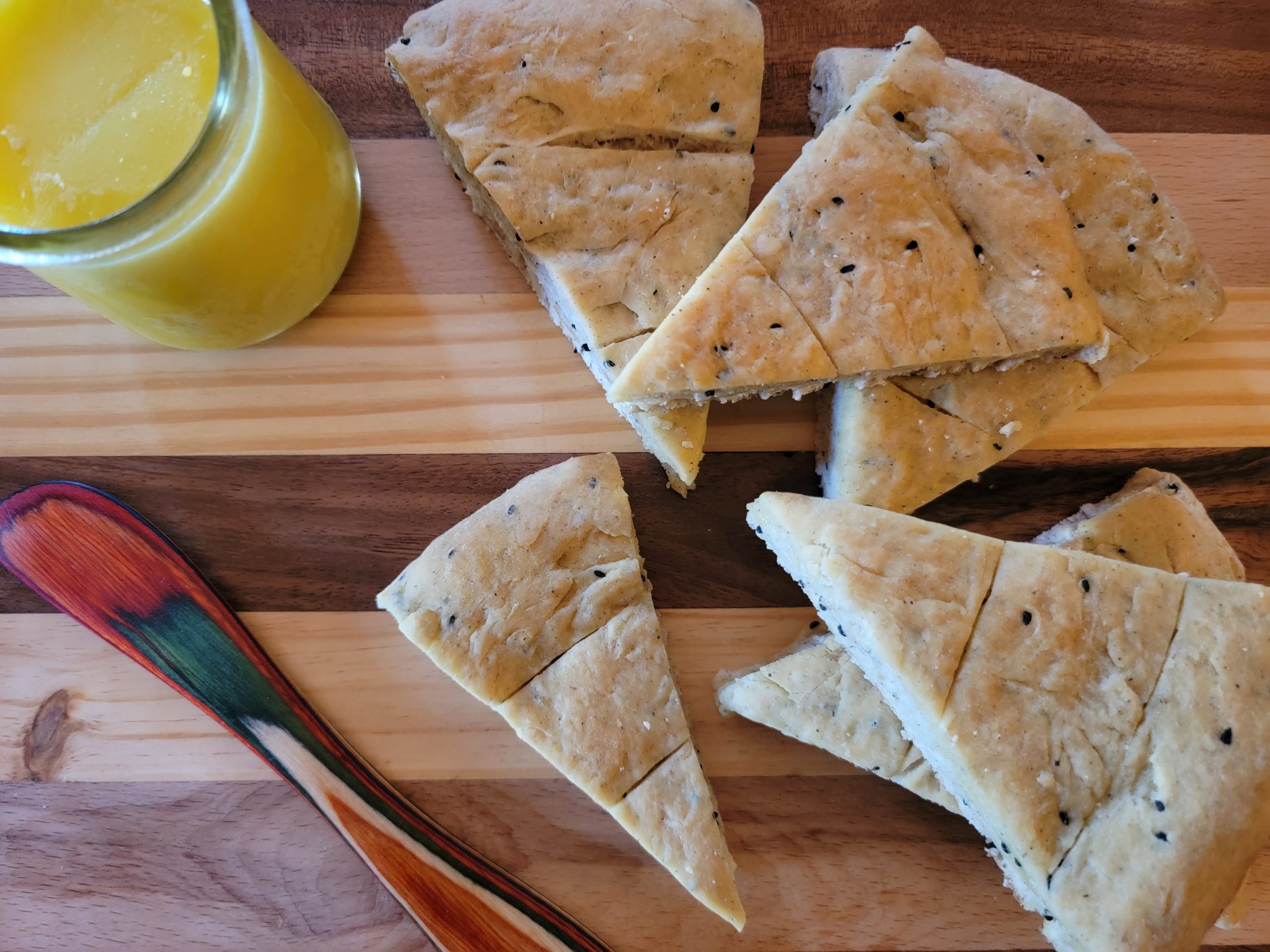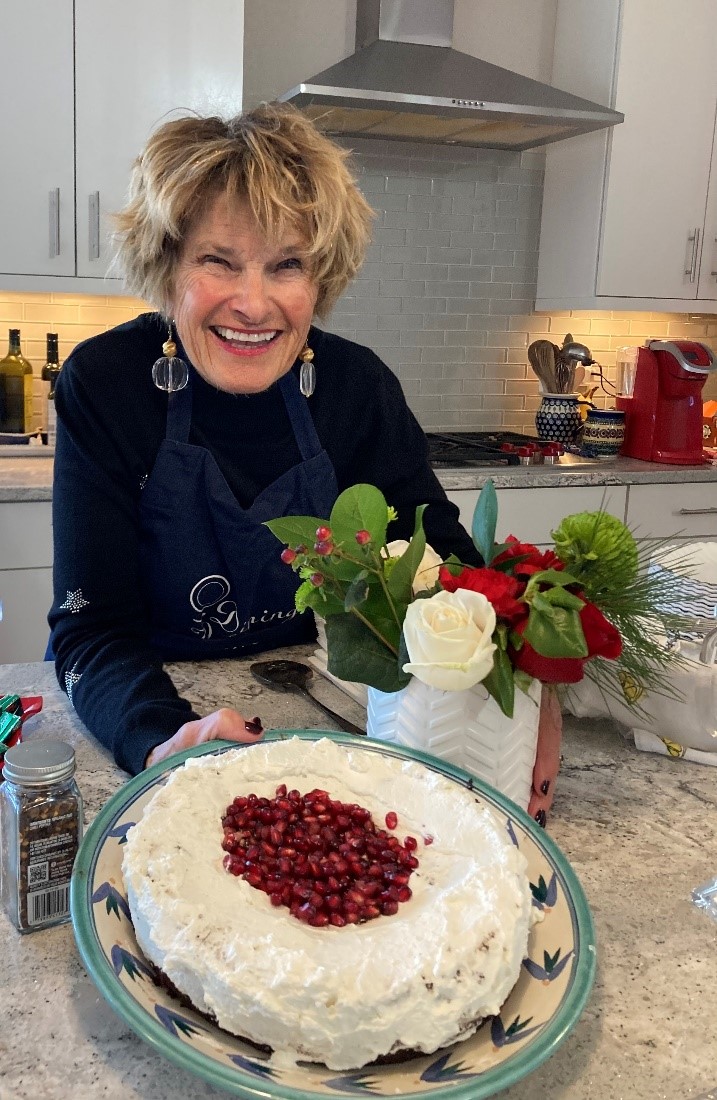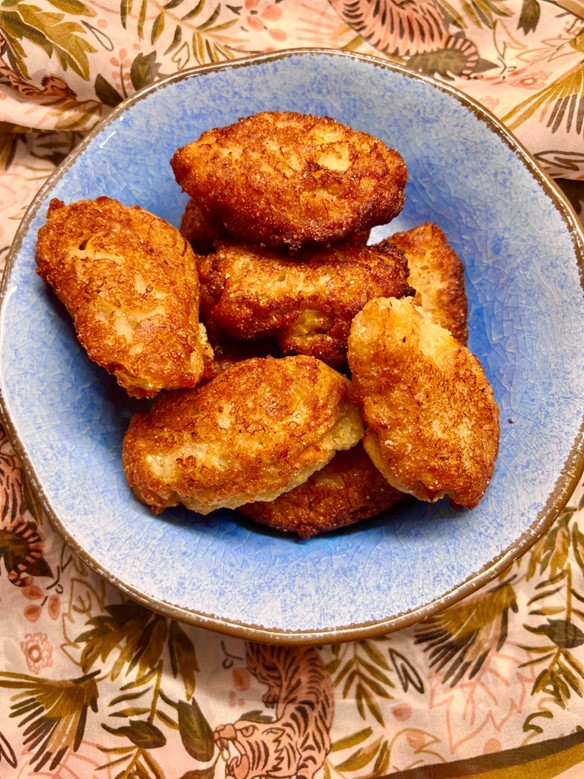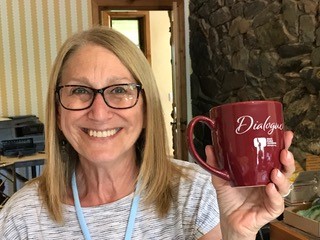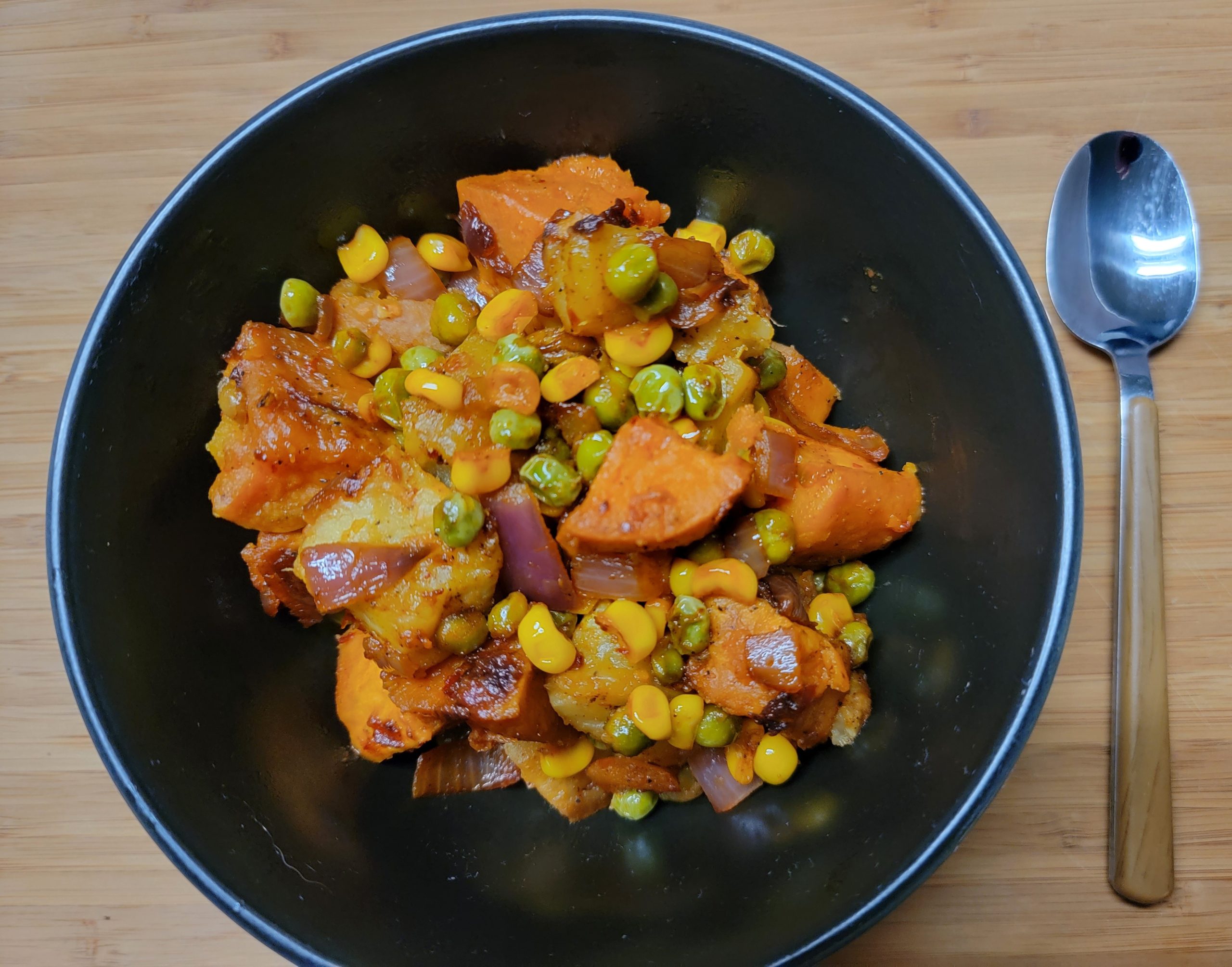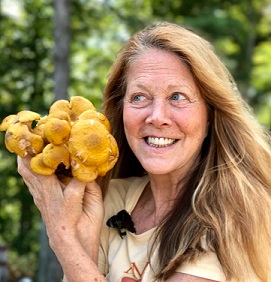A Rising Tide: Susan Wright
This month, we’re featuring Susan Wright from our CA, Berkeley-2 chapter. Susan has spent 30 years overseas. It’s where she served in the Peace Corps, it’s where she met her husband, and it’s where she discovered her deep interest in low-income countries. Now back in the United States, Susan has found a good match for her interests and expertise with Together Women Rise, and is happy to be reconnecting with friends and family.
Why did you get involved with Together Women Rise?
Partly, I think, because I’ve been involved on larger scale interventions. In the Peace Corps, we weren’t set up to foster small, local groups and it’s something I’ve always been interested in. Rise’s focus spoke to me. When I returned to the US, I joined FAB (Free Agents of Berkeley), and I suggested we form an interest group within Rise. There were about a dozen interested and we started it right as COVID hit. The first couple of months we met only virtually, which was sad, but still important enough to persevere. Now we are meeting comfortably in each other’s homes. Many of the women in my group had varying degrees of international experience, either working or traveling. We really get into the meat of what different groups achieve and the metrics. I have also enjoyed getting to know these other women. It’s been my social reintegration.
How do you recruit people to help run the chapter?
Certain things are done by term. We take the presentation very seriously, but it’s up to the person on what they say. We started with geography, but now we go in depth about what interests the presenter the most. That really livened it up. We have some really excellent presentations. For example, we had a member who worked in Palestinian refugee camps, and that was very personal when we talked about the July grantee. It helps when people speak from their experiences. Also, where we meet rotates every month. Some people have bigger homes who host more frequently, but everyone has done their best in hosting. It’s not very onerous to send a couple emails every month, so I’ve normally taken on that role. My co-lead, Robin, is in between two locations (one in Asheville), so I’ve recruited other people to help when she is not in town. The succession question is real and I haven’t quite solved that. I want to be active for a while but am trying to get as many people engaged as possible in different aspects. The strengths of our commonality are nice, but we want exposure to other groups as well.
What is your elevator pitch when someone asks you about Together Women Rise?
I normally talk about the ability to help organizations with the grassroots perspective. We have the privilege of being able to help others and these local communities know what they need to do. It’s fun, and we have great food and conversation when we meet. It has been helpful to have the leadership perspectives, to see that bigger picture too.
Why do your chapter members attend?
I think the social aspect is big. We like each other and like interacting. And everyone in the group has a true interest and engagement with women worldwide and have often had struggles themselves. They understand the importance of girls’ education and support. I’m also working with the Rise Advocacy Group with RESULTS; I am the mentor for the CA advocates. Mainly because I think it takes both – the foreign assistance and the grassroots. One cannot accomplish the needed results without the other. It is important to advocate before Congress to make sure those funds continue. I really like that Rise is recognizing the bigger picture with Transformation Partnerships. It speaks to me personally a lot because of my background.
You started your chapter during COVID. How did that work? What was it like?
Many of us had used Zoom before, but some hadn’t. Because we hadn’t been meeting in person for a long time, we had an imperative to form connections virtually. We were so isolated, so we greatly appreciated that time to connect. It was over a year, maybe closer to two, that we were meeting this way. Then we met outdoors, even with masks on. We then did a few blended meetings but those were tough. We meet monthly, and meet for lunch now – sometimes in people’s gardens which is lovely.
What advice do you have to chapters just starting out?
I would suggest that they lean into the particularities of their membership. Each group has slightly different interests, different backgrounds. There is no one set way of doing this. Do what works for your chapter. Recite the Dinner Affirmation if you want, but you don’t have to. And when the presentations come, have the members really dive into what interests them. They learn more when they present. I think our members appreciate the evolving nature of the organization. It speaks to our own sense of what is important to do.
If you are interested in being featured on “A Rising Tide” or have a recommendation for a chapter or chapter leader who should be featured, please email Kia Hunter, our Volunteer Manager, at kia@togetherwomenrise.org.
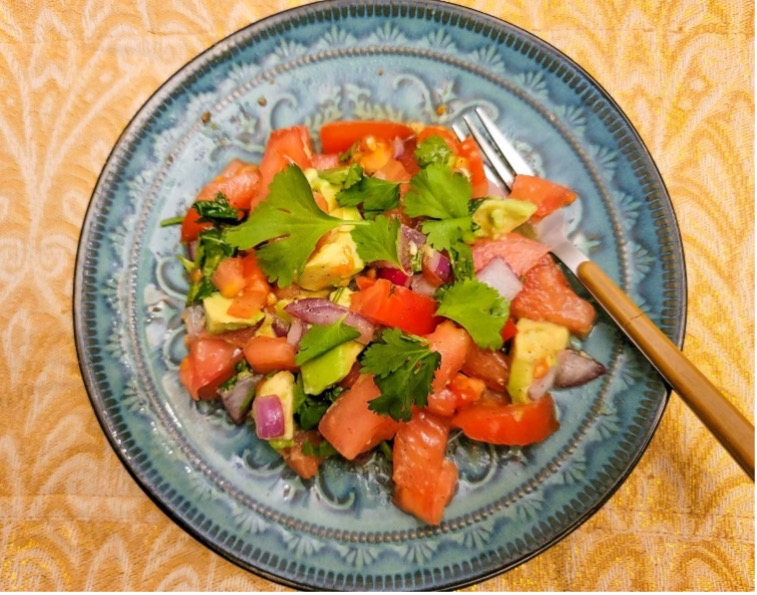

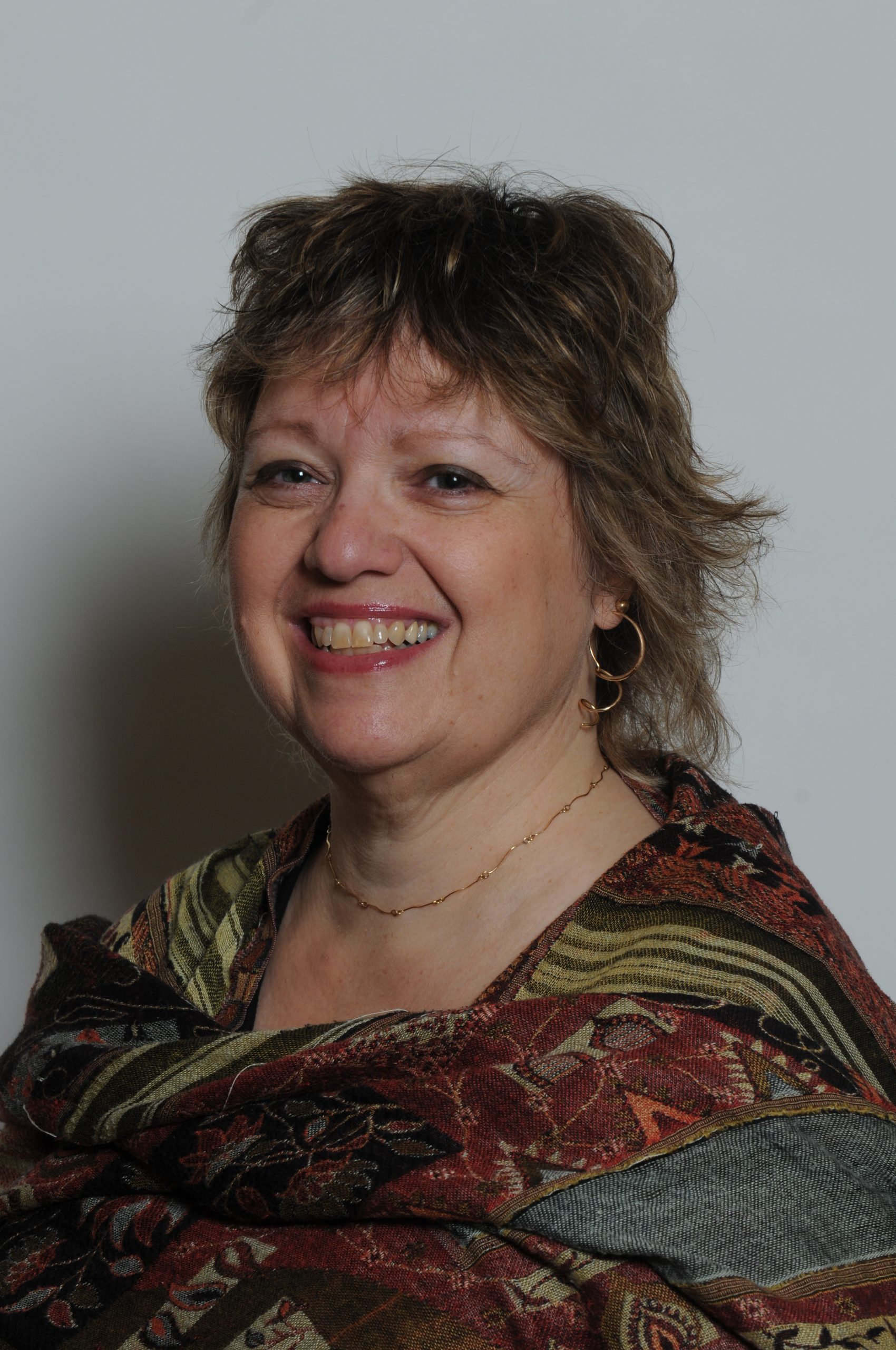

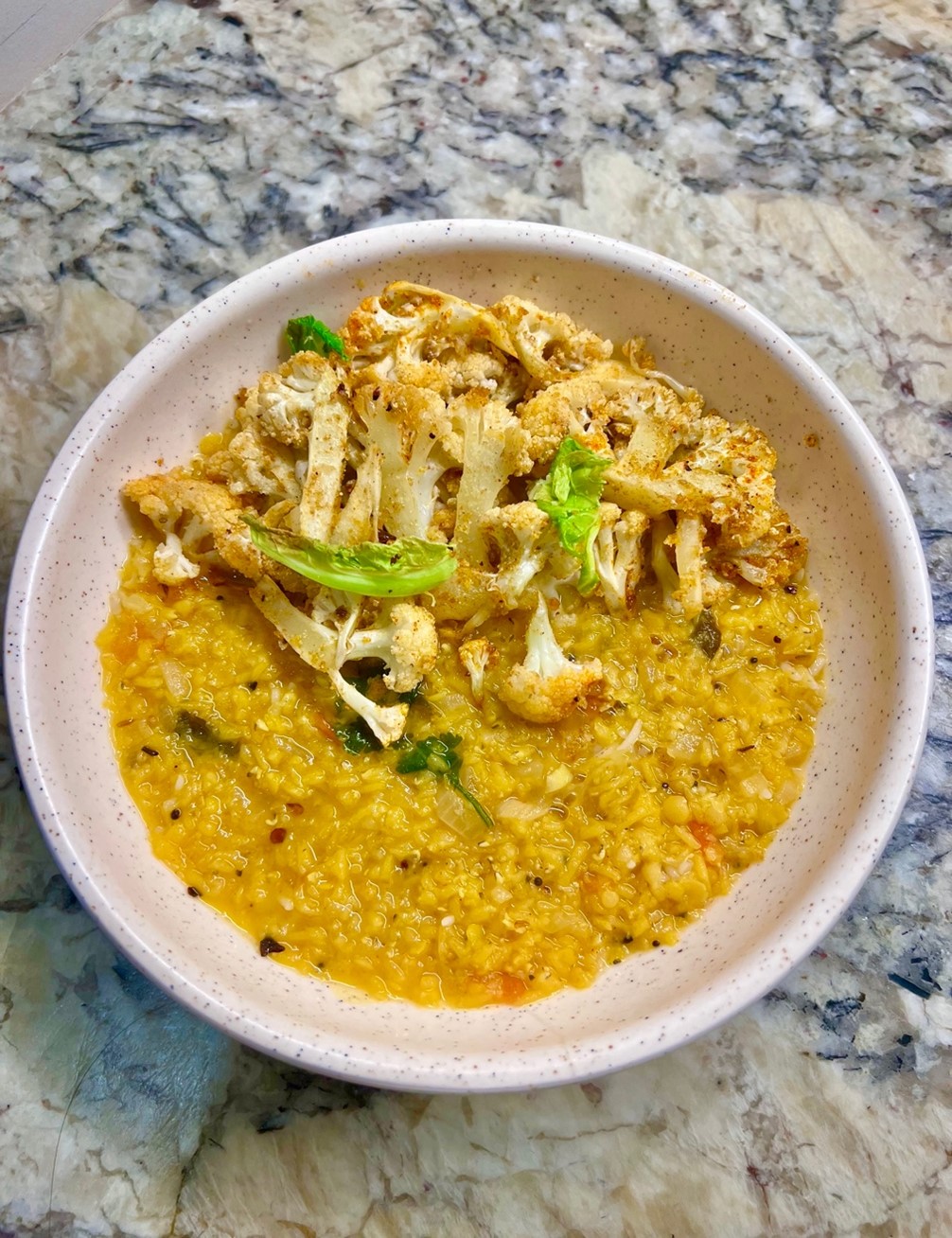
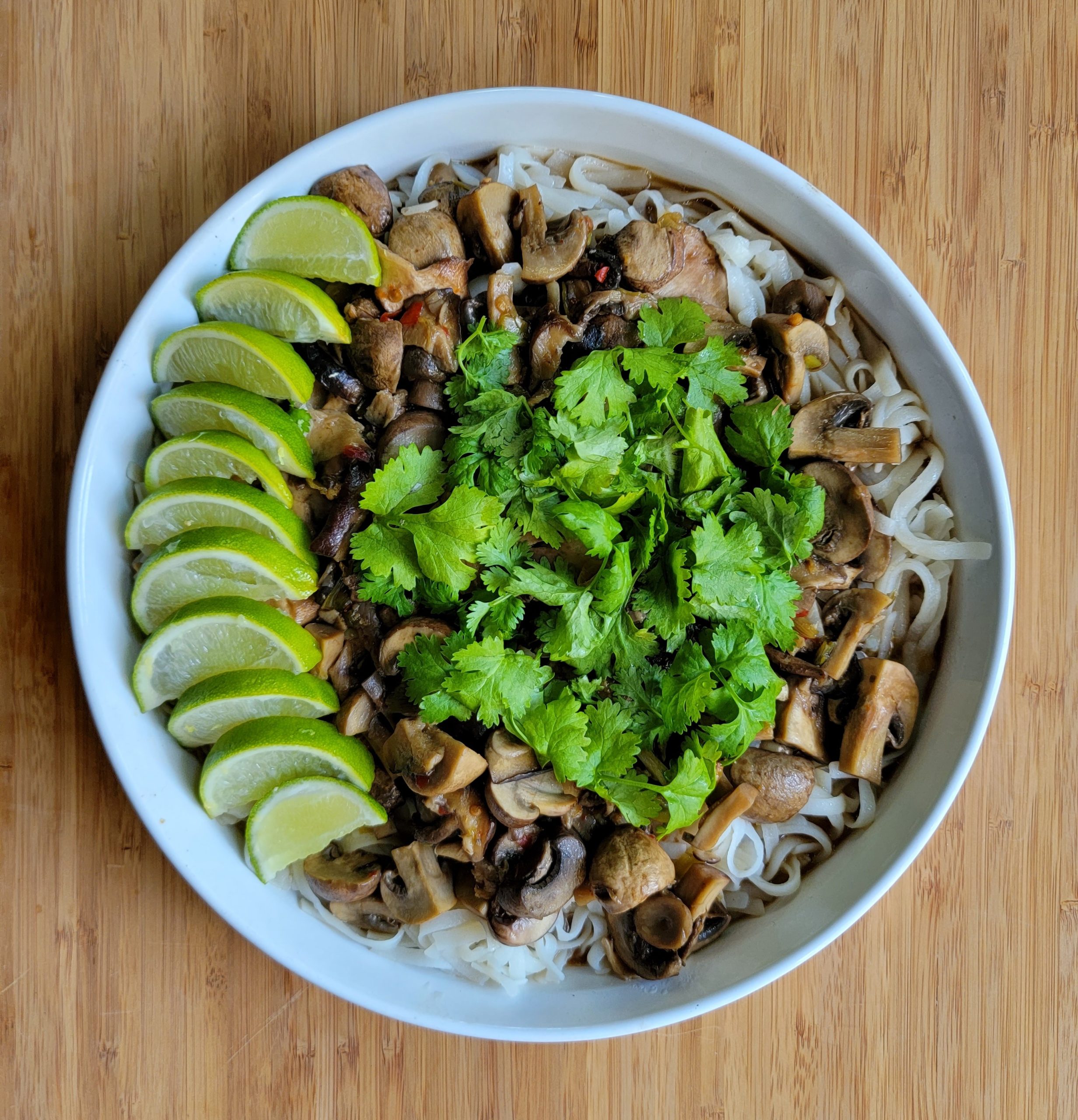
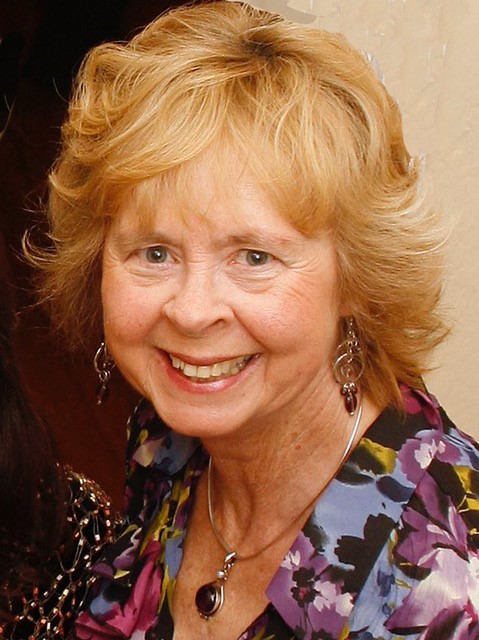
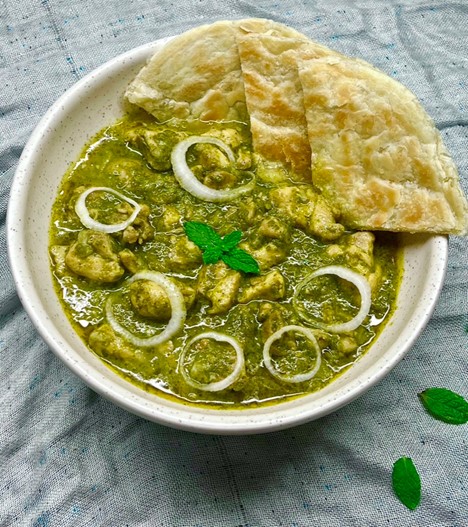
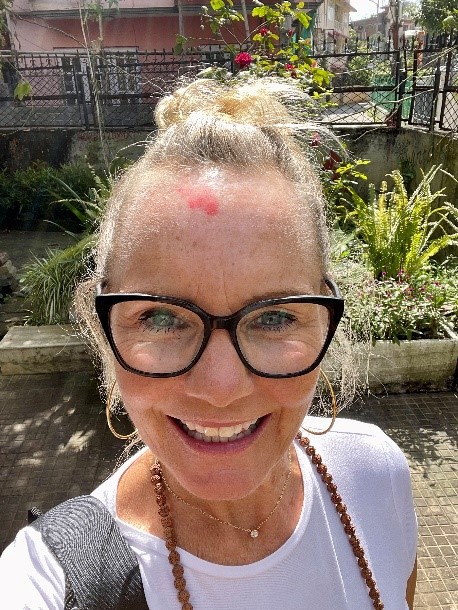
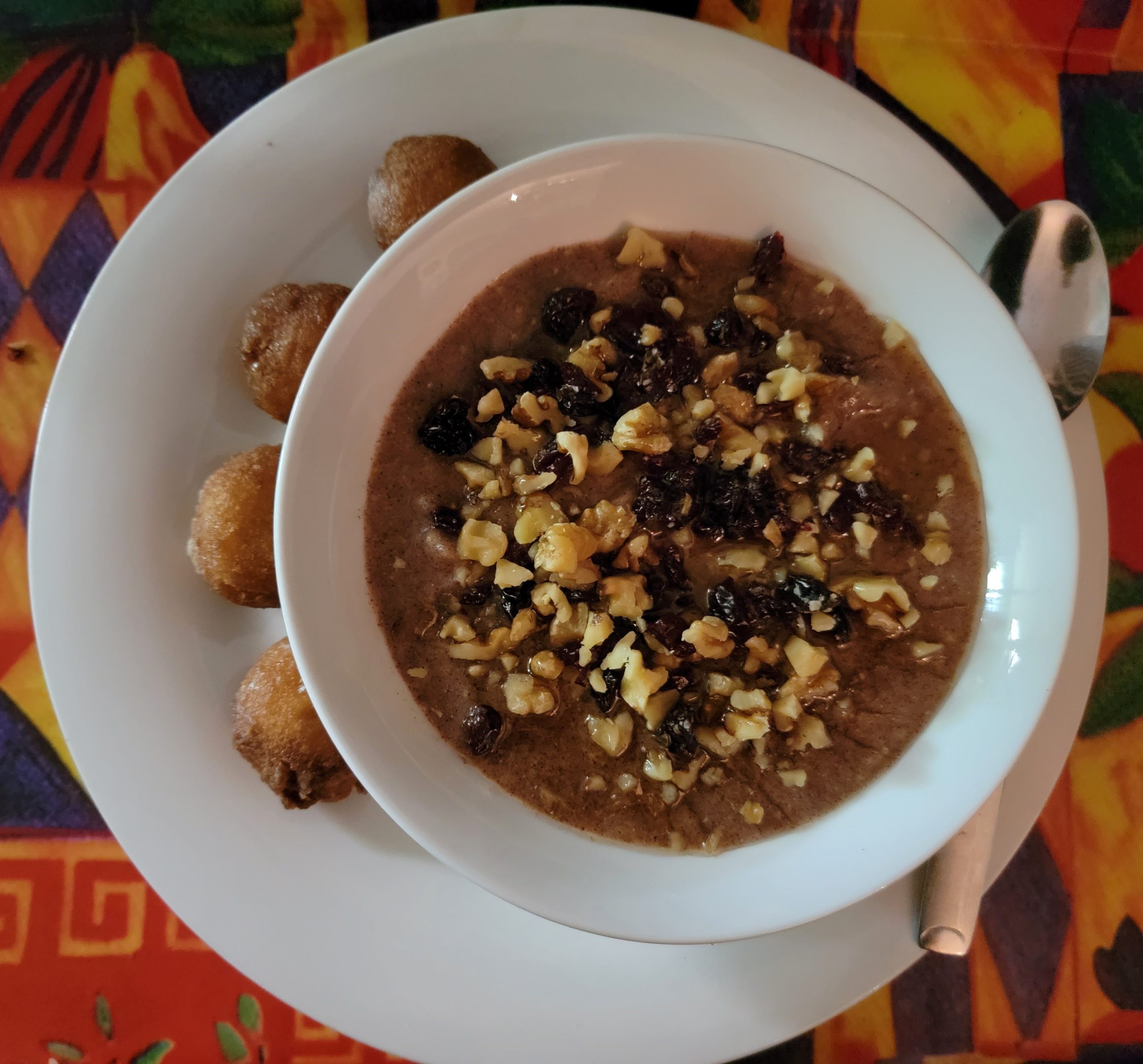
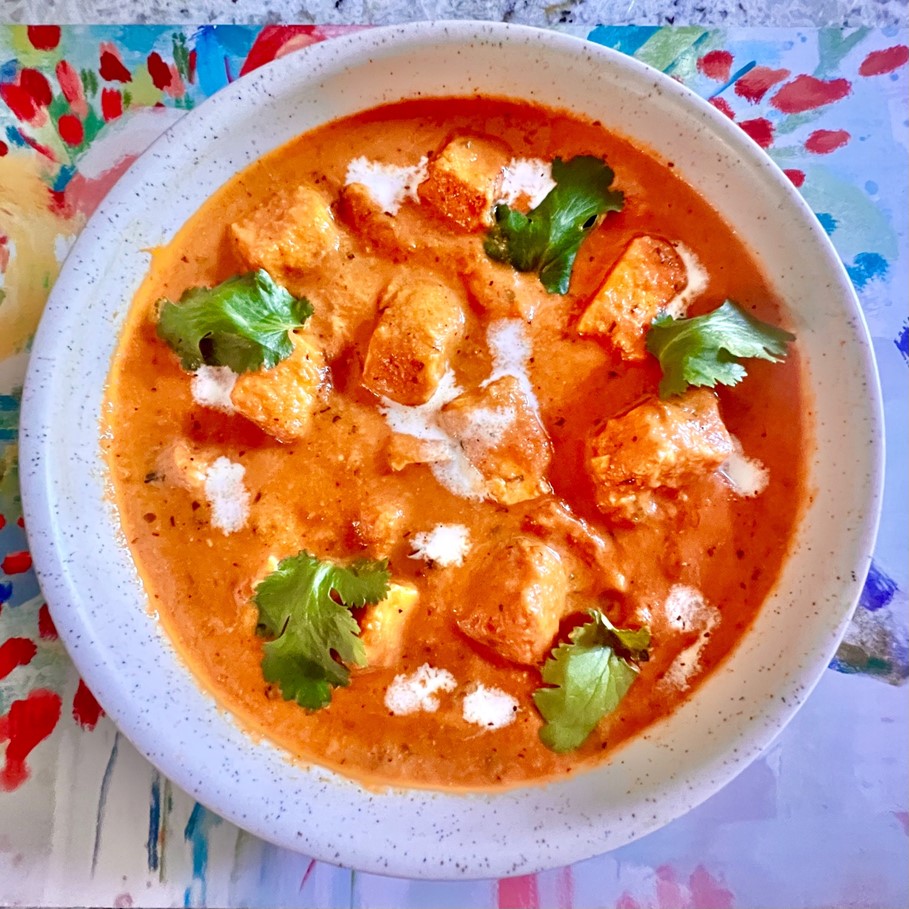
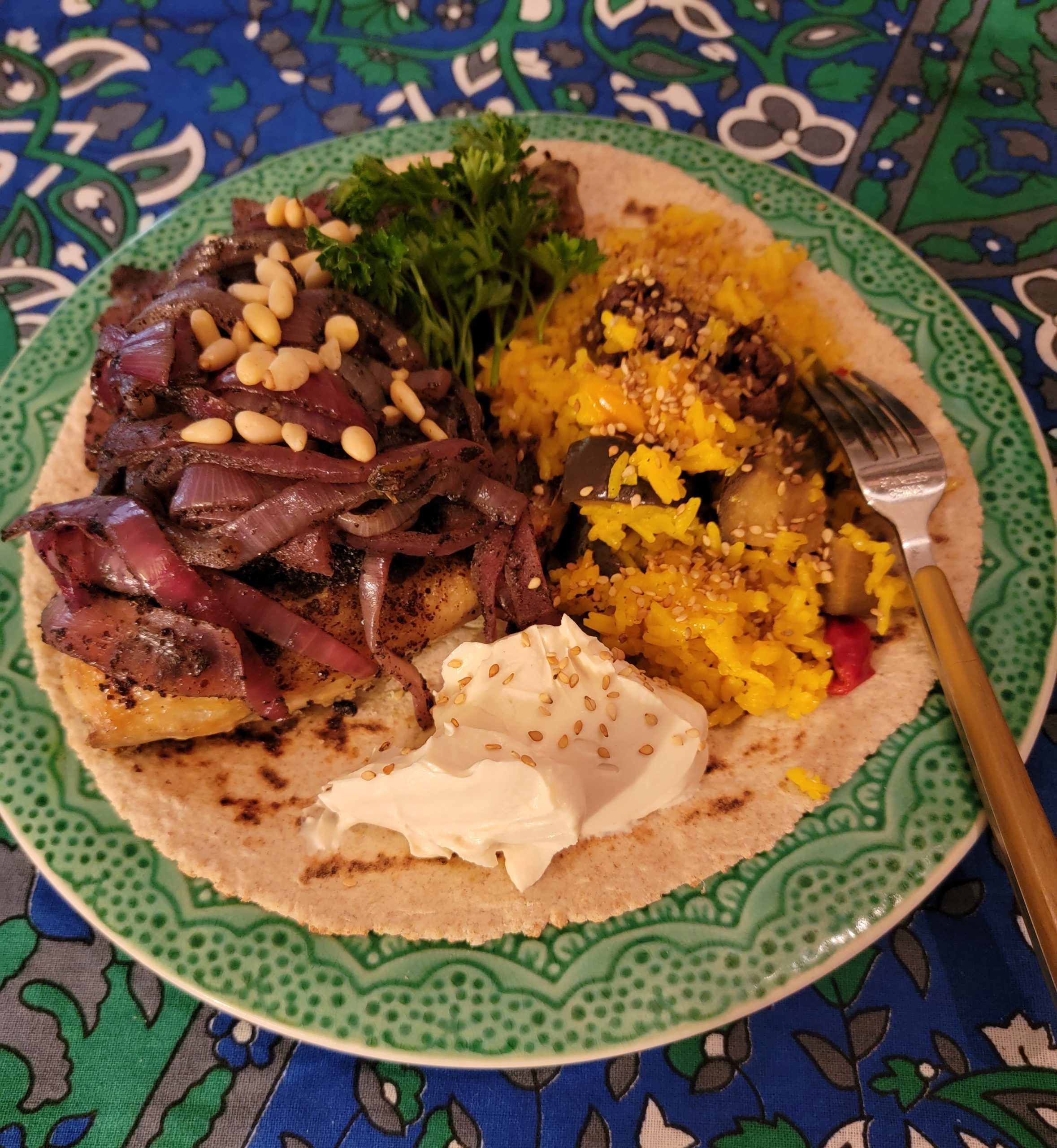

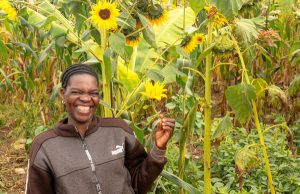 to extend and strengthen land rights for women experiencing poverty. Stronger rights to land have the power to reduce poverty and conflict, increase economic activity, empower women, strengthen food security, and improve environmental stewardship.
to extend and strengthen land rights for women experiencing poverty. Stronger rights to land have the power to reduce poverty and conflict, increase economic activity, empower women, strengthen food security, and improve environmental stewardship.